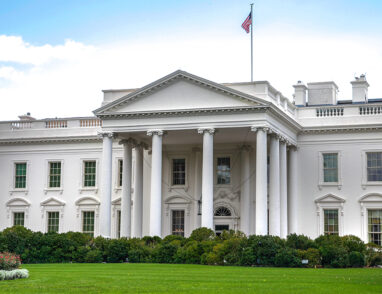Off the Data Diet
February 27, 2015 · Frank Micciche
Health care research is on a restricted data diet. But now it looks like a change in government rules could provide a much more balanced buffet from which to work.
Let me elaborate on the food analogy to illustrate the point. In the 70s and 80s the prevailing wisdom said that the best way to lose weight and prevent heart disease was to go on a low-fat diet. Heeding the warning, Americans ate less, but the percentage of fat in their overall diet actually rose. On top of that, the overly simple advice to consume only low-fat or non-fat foods caused many to jettison the “good” fats that come from nuts, fish, avocados and some oils. That robbed them of nutrients that are actually good for your heart.
A closer look at the results and additional research showed that a blanket recommendation to reduce all fats wasn’t the best approach. Instead, we were told to pursue a balanced diet that reduces bad fats, makes room for the good ones and embraces the benefits of fruits and vegetables.
It appears Congress is making a similar turn from the data diet it mandated for health researchers. Patient privacy and the protection of personal data has, rightfully, been a priority of policymakers over the last two decades. The government has strictly limited who could gain access to health information. While these changes were vital in many ways (just as reducing fat intake can be) they have also made it very difficult—almost impossible—to collect the broader data (the “good fats,” if you will) that is essential to quality health care research.
Under the current rules, researchers are often forced to obtain individual consent for every single use of clinical records they are utilizing. As a result, most research is conducted in what we’d call an artificial environment. Studies tend to focus on one simple research objective for just one type of patient. They also often exclude patients who may suffer from more than one condition—for example, diabetes and arthritis. On top of that, most of these studies are done by teaching hospitals, research institutes or some other academic institution–-settings that simply don’t reflect all types of patients and all the places they seek care.
The House Energy & Commerce Committee’s 21st Century Cures initiative states it wants health care research and improvements to be “fostered—not hindered—by the regulatory policies we have in place.” One proposal in the initiative adds “research” to the definition of “health care operations” within privacy regulations that restrict access to data.
The new provision would provide unprecedented access to data across the board—covering all types of patients cared for in all types of places. This data is particularly important to developers of clinical quality measures like NCQA. The vast addition to available data will set a whole new table, a feast of variables, for measuring and improving care for substantially more people.








